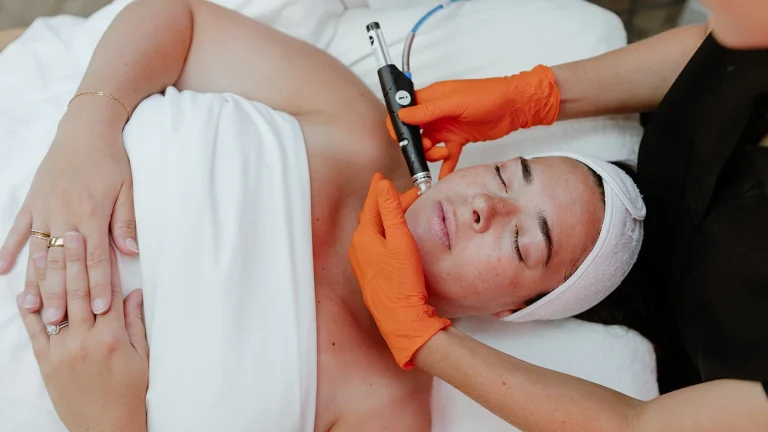Day: May 6, 2024
Why is Prenatal Care Important?
Every woman desires a healthy pregnancy since it is one of the best ways to promote a healthy birth. You can improve the chances of […]
Questions to Ask Before Knee Surgery
Knee pain is a common problem that has various causes. For example, you may experience sudden knee pain after an injury, or the pain may […]
Everything you need to know concerning shoulder pain, including its cause and various treatment options available
Generally, the shoulder joint is one of the most active joints in the body. It enables you to perform most activities, including writing, cleaning, sewing, […]
5 Common Cosmetic Dental Concerns
Your face and smile are the first things others notice about you. Therefore, it is concerning when oral health issues diminish a person’s grin. Luckily, […]
Knee Injuries and Treatment Options
Whether you are an athlete or you lead an active lifestyle, you might have experienced a knee injury at a certain point. If you experience […]
















